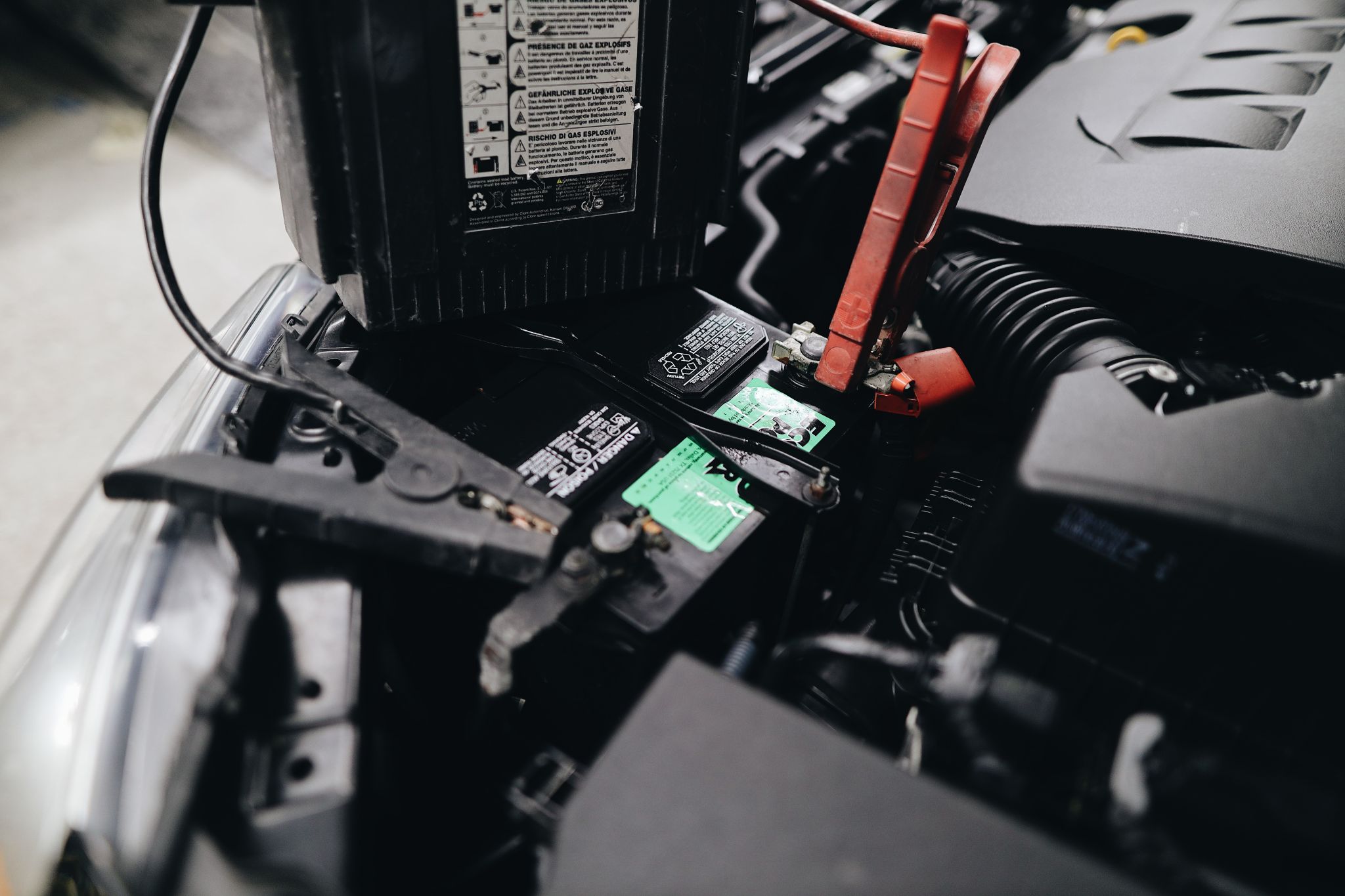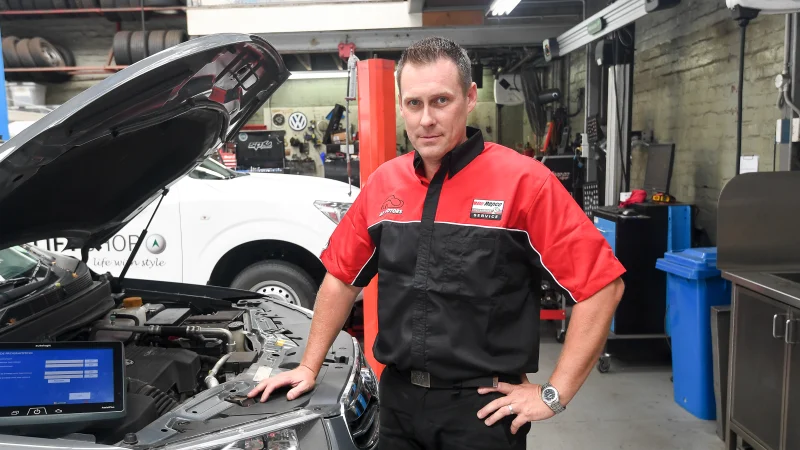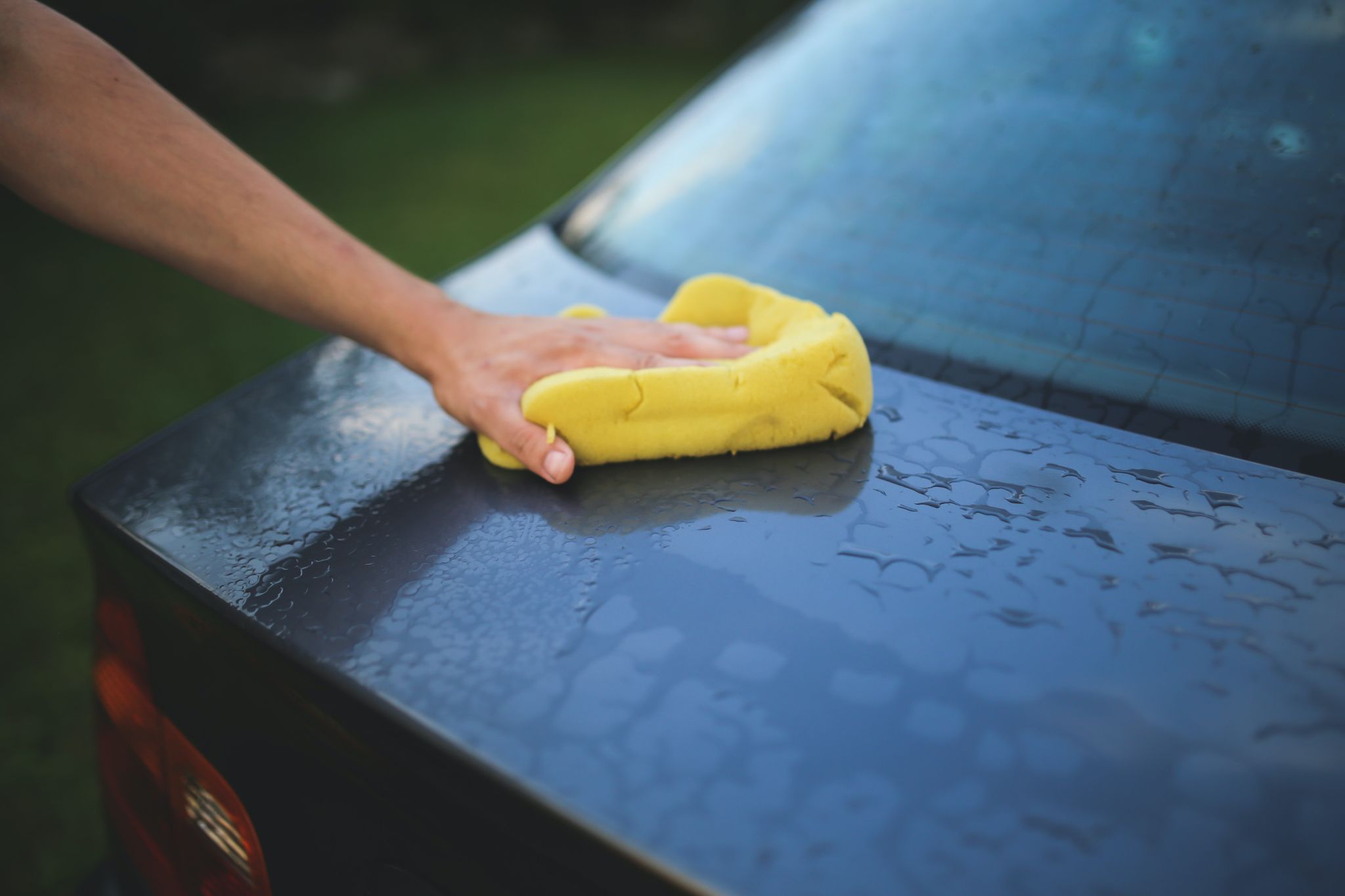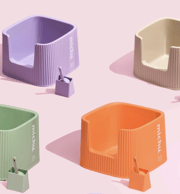10 hacks for a safe road trip
- Replies 1
Preparing for a road trip after an extended lockdown? Here are ten tips and tricks for you to enjoy a safe trip ahead.
Aussies are getting ready for a road trip after an excruciating lockdown. Credit: Tourism Australia
Check the brakes
Checking your brakes should be at the top of your to-do list before hitting the road.
Tips:
- Make sure that your brakes are free of rust and damage.
- Make sure that your car has enough brake fluid.
Did you know?
The brake fluid acts as a medium for the pressure you put on the brake pedal, which in turn ensures that the brakes react to it? That’s why regularly checking your brake fluid is so important.
Check the lights
Sending signals via car lights is a must during your road trip to avoid accidents.
Tips:
The brake fluid acts as a medium for the pressure you put on the brake pedal, which in turn ensures that the brakes react to it? That’s why regularly checking your brake fluid is so important.
Check the lights
Sending signals via car lights is a must during your road trip to avoid accidents.
Tips:
- Test out all the lights, preferably with a friend, to see which ones are functioning and which ones are not.
- Take note of any lights that have busted bulbs and get them fixed before driving.
Did you know?
Some of the leading causes of car accidents are driver’s failure to use a signal before switching lanes, hitting the brakes, and turning the hazard lights on?
Check your battery
The battery keeps your car running so make sure that your batteries are not running low before a lengthy road trip.
Tips:
Some of the leading causes of car accidents are driver’s failure to use a signal before switching lanes, hitting the brakes, and turning the hazard lights on?
Check your battery
The battery keeps your car running so make sure that your batteries are not running low before a lengthy road trip.
Tips:
- Make sure that your car battery is in good condition by checking for corrosion.
- Make sure to check your batteries if your road trip will take place three to five years from when you first bought or changed the battery of your car. The average lifespan of a battery is three to five years.
Did you know?
The rate of corrosion of a battery is higher in the summer. That’s why it is of utmost importance to check your batteries during the summer and autumn months.

Photo by Julia Avamotive from Pexels
Check your tyre pressure
Getting a flat tyre during a road trip is not just a vibe killer, it could also lead to road accidents.
Tips:
The rate of corrosion of a battery is higher in the summer. That’s why it is of utmost importance to check your batteries during the summer and autumn months.
Photo by Julia Avamotive from Pexels
Check your tyre pressure
Getting a flat tyre during a road trip is not just a vibe killer, it could also lead to road accidents.
Tips:
- Make sure that the pressure of your tyre before hitting the road is sufficient, especially if you drive often because the more you drive, the more the pressure can degrade.
- Make sure that your spare tyre has enough pressure too.
- Keep a tyre-pressure gauge in your car for quick yet accurate checking of tyre pressure.
Did you know?
Tyre pressure increases during summer due to warm weather. The heat from the weather causes the air to expand which in turn makes tyre pressure rise. A tip for this is to double check your tyre pressure during the summer months, and if necessary, release some air from your tyres.
Check oil and other fluids
Getting your oil checked is a vital step before embarking on an extended road trip.
Tips:
Tyre pressure increases during summer due to warm weather. The heat from the weather causes the air to expand which in turn makes tyre pressure rise. A tip for this is to double check your tyre pressure during the summer months, and if necessary, release some air from your tyres.
Check oil and other fluids
Getting your oil checked is a vital step before embarking on an extended road trip.
Tips:
- Check for various ‘how-to’ guidelines online and follow them.
- For extra precautions, just let a professional - a dealer or a trusted mechanic - check the oil for you instead.
Did you know?
Oil ensures your car engines run smoothly. This is why checking the oil is crucial and should be done by a trusted professional if possible. While they’re at it, you can request them to check the transmission, radiator, and brake fluids as well.

Entrusting a professional dealer or mechanic to do your regular oil checks is a must for safe road trips. Credit: Justin McManus
Fill up on engine coolant
Driving under the hot Australian sun for long periods of time could overheat your car. In order to prevent this, fill up on engine coolant.
Tips:
Oil ensures your car engines run smoothly. This is why checking the oil is crucial and should be done by a trusted professional if possible. While they’re at it, you can request them to check the transmission, radiator, and brake fluids as well.
Entrusting a professional dealer or mechanic to do your regular oil checks is a must for safe road trips. Credit: Justin McManus
Fill up on engine coolant
Driving under the hot Australian sun for long periods of time could overheat your car. In order to prevent this, fill up on engine coolant.
Tips:
- Filling up your car with engine coolant offers benefits for lessening the corrosion of your engine, radiator, and heater.
- Some consider plain water as a less expensive alternative for engine coolant.
Did you know?
Although plain water is a better medium for heat transfer, water does not prevent your engine from corroding. This is why it is better to opt for engine coolants instead.
Check your air filter Although plain water is a better medium for heat transfer, water does not prevent your engine from corroding. This is why it is better to opt for engine coolants instead.
The air filter should not be clogged or dirty.
Tips:
Tips:
- Get your car’s air filter cleaned each time you have your oil checked.
- Get your car’s air filter cleaned as often as suggested in your car’s manual.
Did you know?
Keeping your car’s air filter ensures your engine runs smoothly. Air filters keep gunk away from your fuel system so this tip is a must!
Check windshield wipers and top up washer fluid
Windshield wipers should be replaced once a year.
Tips:
Keeping your car’s air filter ensures your engine runs smoothly. Air filters keep gunk away from your fuel system so this tip is a must!
Check windshield wipers and top up washer fluid
Windshield wipers should be replaced once a year.
Tips:
- Replace windshield wipers when they leave marks behind instead of clearing your windshield for better vision.
- Make sure that your windshield washer fluid is filled up before hitting the road.
Did you know?
During cold weather, windshield wipers wear out fast. This is why it is important to check whether you need to replace your windshield wipers or not prior to driving, especially if you’re planning to go on a tour in a colder place.
Get a car wash
A morale booster, getting a car freshly washed should put you in the right frame of mind to hit the road.
Tip:
Make sure that your car is properly washed before driving.
Did you know?
A newly washed car prevents road accidents as it promotes a clearer vision for the driver and a spotless beam of tail lights making it easy for drivers behind you to know when you hit the brakes.

Photo by Kaboompics .com from Pexels
Stock an emergency kit
Access to emergency care in case of an accident is important especially when you’re doing a risky activity such as driving in the outback or camping. Making sure you have access to emergency care is a must for all drivers.
Tip:
You can put a stock or emergency kit together or buy one at the store.
Did you know?
A typical emergency kit includes jumper cables, a flashlight, batteries, duct tape, bungee cords, a camper’s knife, a first-aid kit, as well as a couple of blankets, bottles of water, and non-perishable, protein-rich snacks like granola bars, etc.
During cold weather, windshield wipers wear out fast. This is why it is important to check whether you need to replace your windshield wipers or not prior to driving, especially if you’re planning to go on a tour in a colder place.
Get a car wash
A morale booster, getting a car freshly washed should put you in the right frame of mind to hit the road.
Tip:
Make sure that your car is properly washed before driving.
Did you know?
A newly washed car prevents road accidents as it promotes a clearer vision for the driver and a spotless beam of tail lights making it easy for drivers behind you to know when you hit the brakes.
Photo by Kaboompics .com from Pexels
Stock an emergency kit
Access to emergency care in case of an accident is important especially when you’re doing a risky activity such as driving in the outback or camping. Making sure you have access to emergency care is a must for all drivers.
Tip:
You can put a stock or emergency kit together or buy one at the store.
Did you know?
A typical emergency kit includes jumper cables, a flashlight, batteries, duct tape, bungee cords, a camper’s knife, a first-aid kit, as well as a couple of blankets, bottles of water, and non-perishable, protein-rich snacks like granola bars, etc.
Last edited by a moderator:







